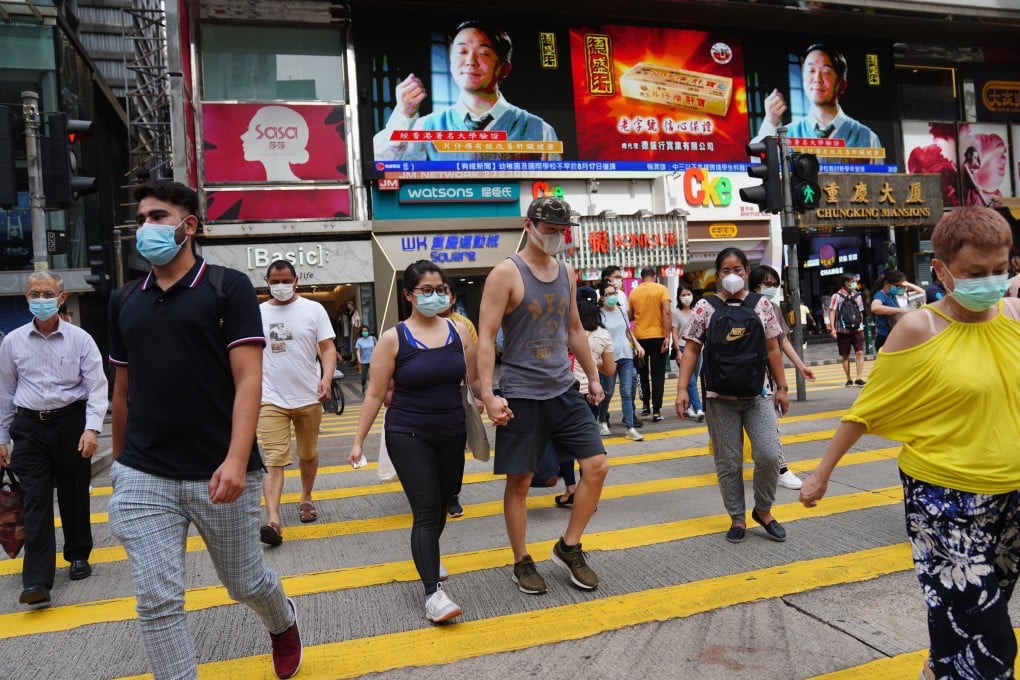Hong Kong shrugs off social unrest, coronavirus impact to edge closer to top 10 in global innovation rankings
- Hong Kong rises two slots to 11th in the league table compiled by Cornell University, Insead business school and a UN body, achieving its best rank since 2016
- The city ranks third in Asia, behind Singapore and South Korea

Eleventh overall – its highest ranking since 2016 – Hong Kong retains third place in Asia, falling behind long-time regional rival Singapore in eighth, and South Korea, which joins the top 10 for the first time.
Singapore’s inclusion of women as “knowledge workers” was one area where it outshone Hong Kong, according to Dr Bruno Lanvin, executive director of global indices at Insead and co-author of the index.
“And Hong Kong is much weaker than Singapore on knowledge diffusion, which measures the proportion of intellectual property in the exports,” he said in an interview.
Unveiled on Wednesday, the 13th edition of the Global Innovation Index report is co-published by Cornell University, Insead business school and the United Nations’ World Intellectual Property Organization.
Hong Kong’s ranking has improved for the third year in a row, after it plunged to its lowest position of 16th in 2017. But the current ranking is a far cry from 2010, when it peaked at number 3 globally.